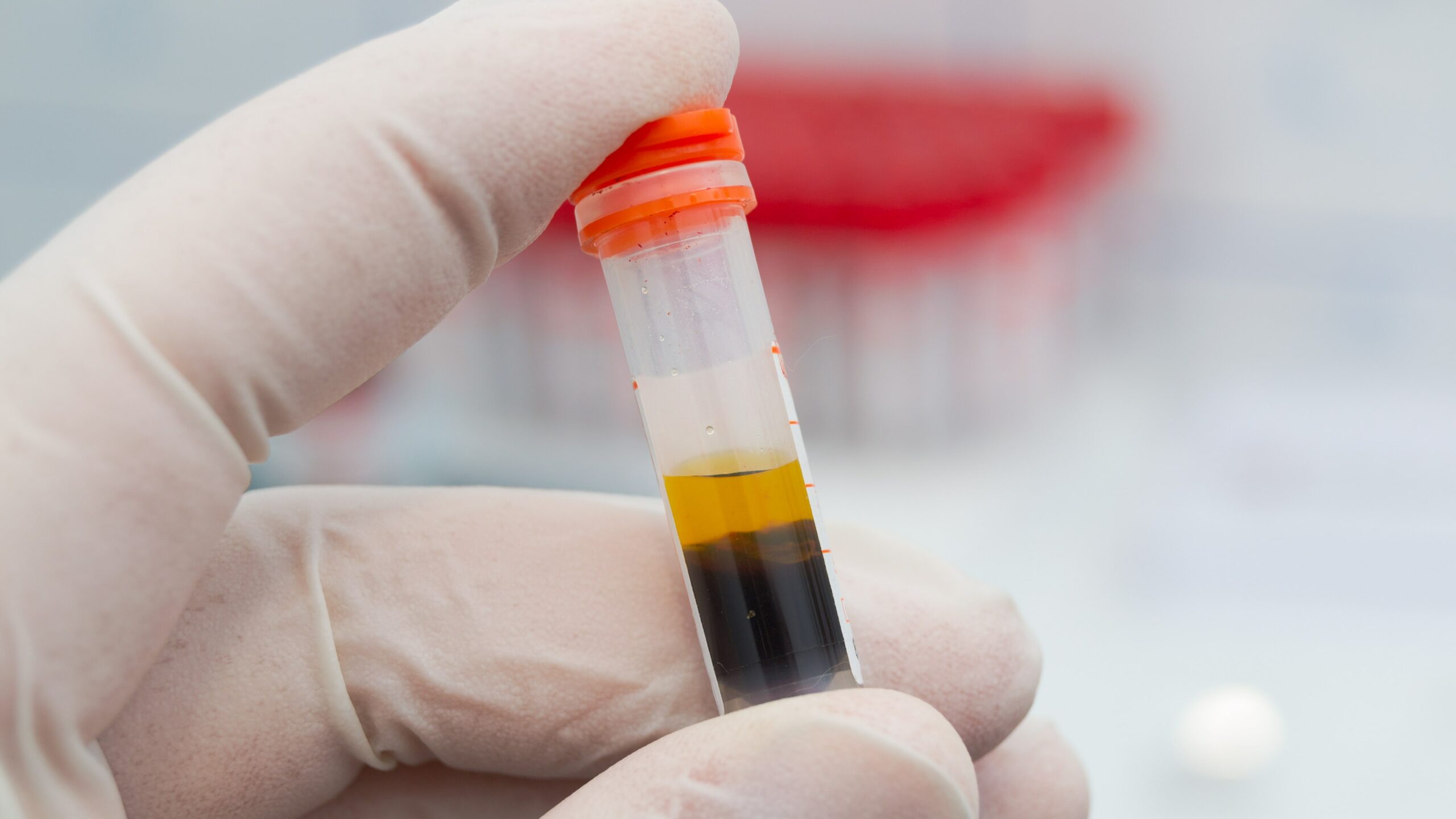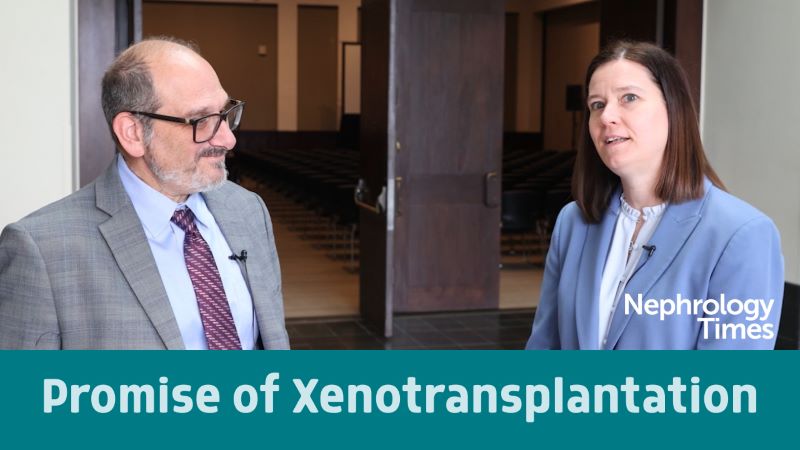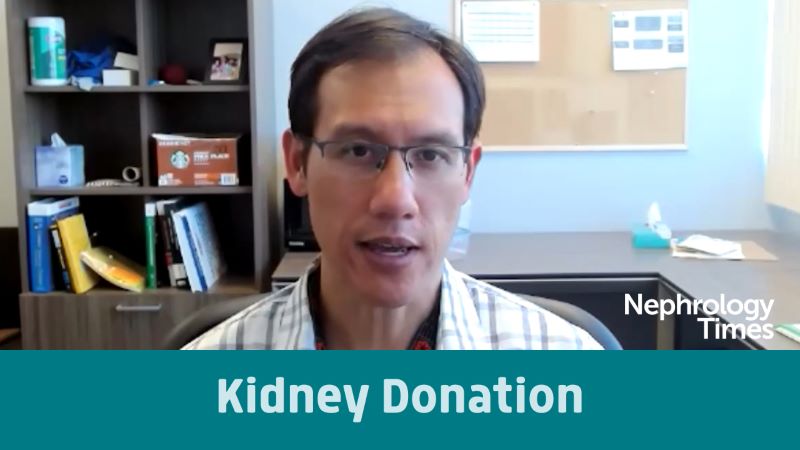Phase 3 TRANSCEND Study Will Evaluate Use of Felzartamab for AMR
By Suphamai Bunnapradist, MD, MS, Charlotte Robinson - Last Updated: April 1, 2025Biogen recently announced the initiation of TRANSCEND (NCT06685757), a phase 3 study of felzartamab for the treatment of late antibody-mediated rejection (AMR) after kidney transplant. Antibody-mediated rejection affects approximately 23,000 US patients and is a leading cause of kidney transplant loss.
Felzartamab is an investigational therapeutic human monoclonal antibody directed against CD38, a protein expressed on mature plasma cells. Nephrology Times spoke with Suphamai Bunnapradist, MD, MS, professor of clinical medicine at the David Geffen School of Medicine and research director of the Connie Frank Kidney Transplant Center at UCLA, who is the principal investigator of the study.
Could you give an overview of the study of felzartamab for AMR?
So, we’re excited. We are looking at a phase 3 study—that has a really interesting phase 2 result—to look for treatment of chronic late antibody-mediated rejection, which we know is a leading cause of graft failure in the long run. And as of now, there’s no treatment for it. What we believe is, the antibody-mediated rejection—a lot of study has been ongoing and has been done that [looks] at how to reduce the effect of antibody by removing [the] antibody itself, use medication to remove the cells that produce [the] antibody, or treat the effect of the antibody through the complement- and non–complement-mediated pathways.
In this particular study, the anti-CD38 is used to address plasma cells and natural killer cells. And the phase 2 study that was published in the New England Journal of Medicine showed a very good, dramatic result in reducing MVI [microvascular inflammation] from 80% in patients who got the drug to 20% in those that did not get the drug. And therefore, we’re going to be starting a global phase 3 study of 120 patients. So, it’s exciting. We still have to go to the trial, and I’m hopeful that this may lead to a new effective treatment for our patients that is very much needed.
How does felzartamab work? What sets it apart from other therapies?
Right, so this is very interesting, because when we talk about AMR, or antibody-mediated rejection, we think the culprit is the antibody. So, in order to deplete the antibody, we have been, in history, trying to remove antibody, use the drug that we know would deplete antibody, and this particular drug is directed against a molecule called CD38, which basically is on the surface of the plasma cell. So, the idea is we kill the plasma cells, and we then deplete the antibody.
Explain the study design and outcomes for the phase 3 study.
Very good question. So, the phase 3 study looks at the patients who have antibody-mediated rejection that is chronic. And they include patients who are more than 6 months from the transplant. And the new definition of antibody-mediated rejection includes basically 2 groups: one group is you identify HLA antibody in the blood, and the other group is, they may not have antibody that you can detect in the blood, but you have evidence of antibody injury by evidence of C4d positivity in in the tissue. This part of the study, this study’s looking at patients who have to have both HLA antibody and evidence of the antibody rejection. They cannot have concurrent significant cellular rejection, and they have to have reasonable kidney function. So, that’s the inclusion criteria of the study.
So, with that, we are looking at recruiting 120 patients, and the way the study design works is 2:1 randomization. So, [with] the randomization, two-thirds would get the medication right away, one-third would serve as a control group, did not get the medication. They would get medication or placebo for a total of 6 months. At 6 months, they would be rolled over. The group that did not get the medication would get the medication at 6 months. In other words, two-thirds get the medication for 6 months, [and] one-third didn’t get it; at 6 months, they will get the medication.
They’ll be doing 2 biopsies, 1 at 6 months and 1 at 1 year—that would be the end of the study—to look at the efficacy in terms of the resolution of the antibody-mediated rejection. The other thing that is important to note is they cannot receive any other treatment for antibody-mediated rejection. That is, they cannot receive intravenous immunoglobulin, which we use, or rituximab that we use. I should note that the IV Ig or the rituximab is not indicated for treatment of chronic antibody-mediated rejection at this time, and there’s no evidence that they would improve chronic antibody-mediated rejection. And the most important thing I would say is, at this point we don’t have effective treatment for antibody-mediated rejection.






 © 2025 Mashup Media, LLC, a Formedics Property. All Rights Reserved.
© 2025 Mashup Media, LLC, a Formedics Property. All Rights Reserved.